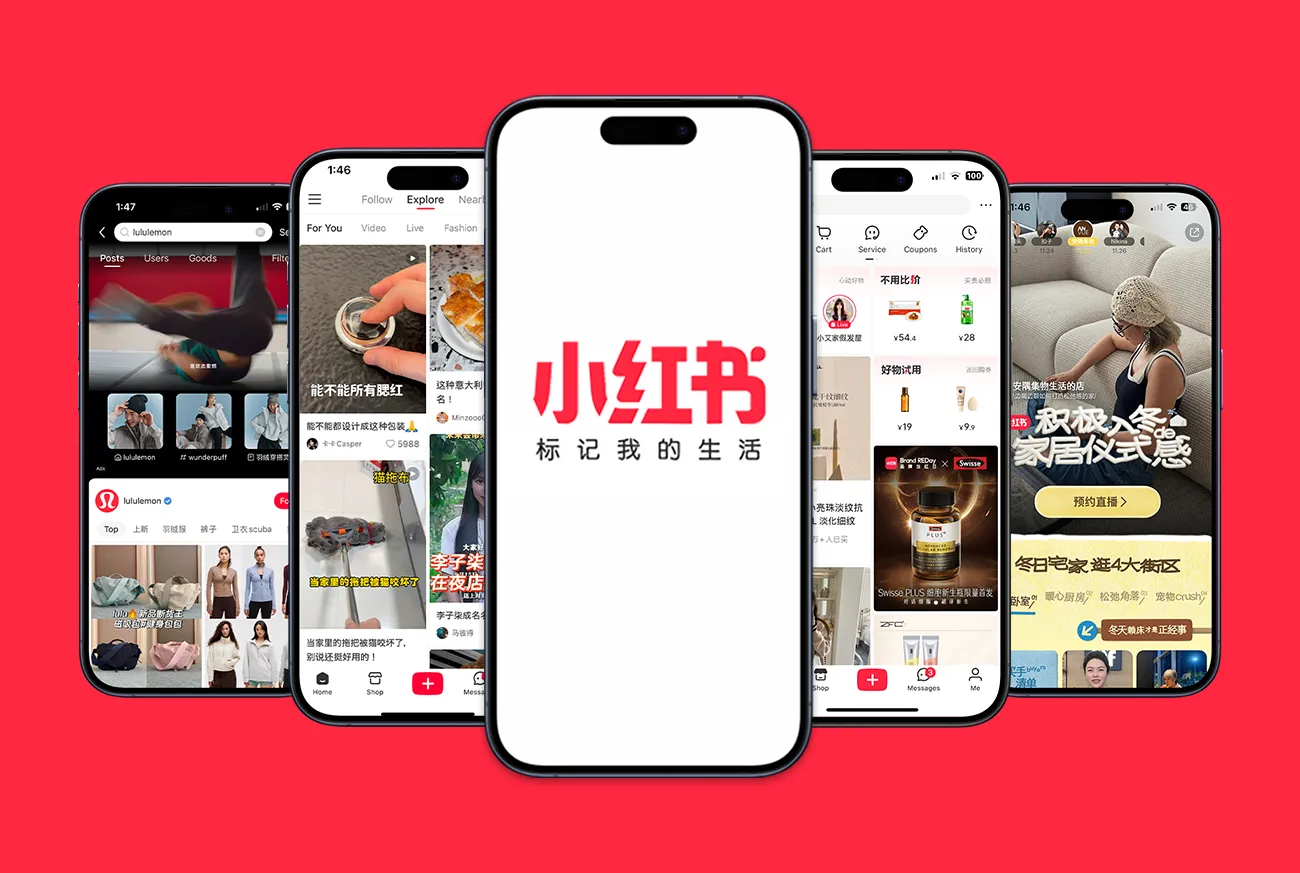WeChat’s latest update signals support to China’s first personal information legislation
Tencent’s WeChat received a fresh update for its 8.0.16 version recently. Users can now discover a new page in the settings menu called “Personal Information and Authorizations” by going to Settings -> Privacy.
This modification is in reaction to the publication of China’s first Personal Information Protection Law, which requires businesses to process personal data publicly and accurately.
WeChat’s latest update gives users four alternatives for swiftly viewing and changing the personal information they’ve submitted to the app and other third-party platforms:
- System Permissions
- Authorisations
- Personalised Ads
- View and Export My Information
Should Brands Distance Themselves From ‘Controversial’ Celebrities?
Apart from extreme cases like Kris Wu should brands be quick to cut ties with their brand ambassadors?
“In the digital era, people who agree do not speak as loud as those that disagree, but those who disagree may not be the brand’s actual consumers”
As a result, companies can only get an accurate answer through surveys and research. Luxury firms are selecting many ambassadors for their ranges to limit risk, with Dior leading the way with 14 spokesmen and numerous house friends.
With increasing calls for diversity and inclusion in China, local customers are demanding a more diverse cast of brand ambassadors. The local market has shown signs of fatigue towards pretty ambassadors, now preferring more intriguing backstories and deeper connections with their brands.
Link: https://jingdaily.com/luxury-brands-distance-controversial-kols/
Five consumption trends in China in the next 10 years (by Mckinsey)
China’s emerging consumer class has become the growth engine of many global consumer goods: in the next decade, middle and high-class consumers may become the main force to promote China’s consumption growth.
Non-first-tier cities may become a source of power: cities are expected to account for over 90% of China’s future consumption growth. Different urban consumer marketplaces have significant disparities. The rise of Chinese local brands is fueled by a shift in consumer attitudes: Chinese consumers’ brand preferences are shifting, and consumer support for local brands has aided the rise of some local businesses. Chinese brands are gaining market share in domestic consumer goods and electronic devices, with a market share of more than 50%.
More than 70% of Chinese digital customers consume both online and offline, resulting in large data pools. Consumption data is exploding thanks to the burgeoning digital economy. A new market consumption curve is emerging: the consumption curve in the Chinese market is shifting as a result of the confluence of variables such as business model innovation, technology-driven unit cost reduction, and new purchasing behaviour. Chinese technology companies are at the forefront of the global curve shift.



